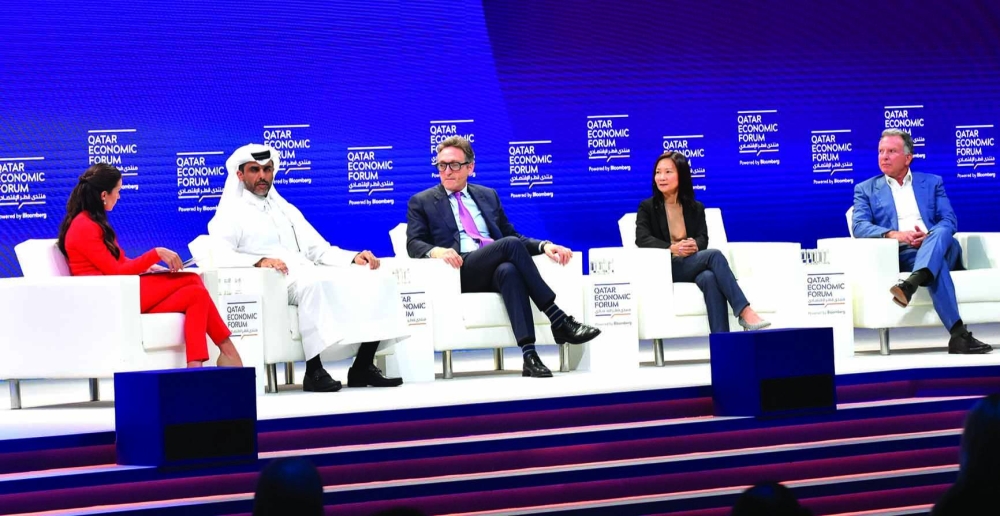Qatar
'Dispute resolution mechanism on the anvil in Qatar's realty sector to attract FDI', Real Estate Regulatory Authority

Qatar is contemplating a dispute resolution mechanism for the realty sector to attract foreign direct investments (FDI) into the country in a big way as it sees data centres and warehouses as the next phase of infrastructure demand in the country, according to a top official of the country's real estate authority.
Addressing the Qatar Economic Forum, powered by Bloomberg, Khalid Ahmad al-Obaidli, President, Public Authority for Regulating Real Estate, also said over regulation would kill any project and hence the authority views itself as an enabler.
"We are trying to introduce in 2024 the dispute resolutions mechanism whereby we want the system to be clear for FDIs and international businesses. When they (international investors) come to Doha, they know that they will get world-class standard in terms of infrastructure and the entire ecosystem associated with the real estate. We have a big ambition and we know we will reach there," he told a panel discussion.
Stressing on the need for transparency, he said the real estate authority was established in 2023, whose mandate is to ensure information is passed on investors through a digital platform, which could provide access to reliable data for investors/stakeholders for making informed decision.
The real estate platform for will provide data in a more accurate and clear manner, which in turn would help improve efficiency. The first phase provided data and information to individuals and investors in general. This data will include occupancy volumes and deals in different regions.
The second phase will include electronic linking between government agencies and the third phase will offer full-functioning real estate services.
Highlighting that Qatar has already spearheaded major infrastructure development, ahead of hosting the 2022 World Cup; he said "we are now looking to active those real estate infrastructure, attracting the right partners, the right talent and mix it with our national in order for us to improve productivity in the sector."
Elaborating on activation, al-Obaidli said it would be "selective" in attracting the right partnerships and the right industries like data centres and warehouses, "just to look where really the next phase of infrastructure demand is and utilise the current infrastructure to cater for the future demand."
He said the country is planning to repurpose some of the current infrastructure in view of the changing dynamics in Qatar's growth strategy and it will seek the help of international partners in this regard.
Stressing that "over regulation will kill any project", he said it is not what they are planning or intending to do in Qatar.
"Basically, we started with a public consultation with all the private sector before enforcing any of the laws and take the feedback from the stakeholders to understand their concerns before implementing any regulation," he said, adding the authority should not be seen as a hurdle in the market but an enabler to the market.
"We are not just a regulator to add a burden for investor, but we are a partner with the private sector and try to overcome all the obstacles in order for businesses to get the right messages and the right processes," he added.

